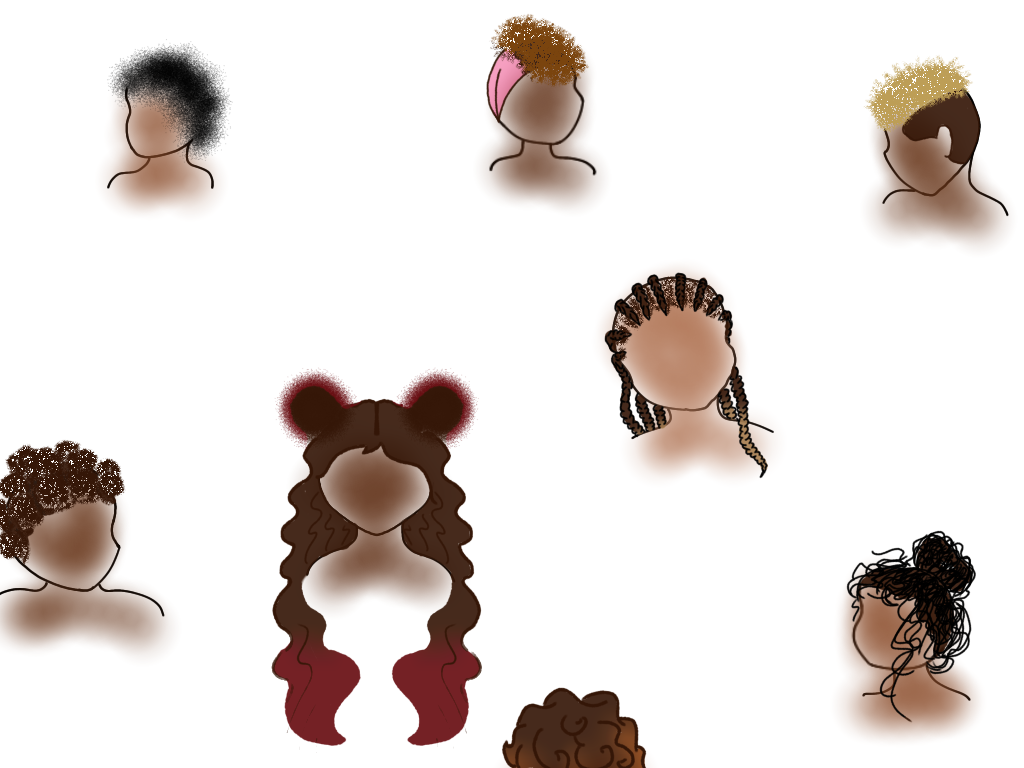Target announces pro-transgender bathroom policy

May 24, 2016
Target announced on April 19, 2016 that transgender people will be able to use the bathrooms and dressing rooms in Target stores of whichever gender with which they identify.
This decision was in light of recently proposed “bathroom laws” aiming to restrict people to bathrooms corresponding with the sex on their birth certificate. More specifically, recent discussions of introducing such a law in Target’s home state, Minnesota, sparked the announcement.
“Inclusivity is a core belief at Target,” the company said in a statement. “Given the specific questions these legislative proposals raised about how we manage our fitting rooms and restrooms, we felt it was important to state our position.”
In response to the statement, Target received mixed responses. On one hand, many praised Target for its pro-LGBT stance.
“Stand strong behind all the other companies whom (sic) protect us as humans!” Ivy Moore, a Target supporter, posted on Target’s Facebook page.
“Thank you for always being a place I have felt welcomed,” another customer praised.
However, many also criticized that supposedly anyone, including sexual predators, could walk into any bathroom or fitting room just by claiming a certain gender identity. This issue even prompted the American Family Association (AFA) to start a pledge to boycott Target, which has gained over 1,000,000 signers.
One such boycotter, Brent Connelly, said on the Target Facebook page that he “will not support Target unless they reverse their policy allowing perverts into the bathrooms where our wives and daughters may be present.”
Along with its criticism, the AFA proposed an alternative course of action. It urged Target to keep bathrooms separated by sex, but to provide a unisex, single-occupant bathroom for transgender customers.
Besides Minnesota, discussion and action regarding bathroom laws have been ongoing in numerous other states, including Illinois, Indiana, Kentucky, Mississippi, Missouri, North Carolina, Oklahoma, South Dakota, Tennessee, Virginia, Washington and Wisconsin.
North Carolina in particular has incited much protest by passing a law in March requiring public school students to use restrooms for the sex they were born as. Among the protesters are over 100 companies, including but not limited to Apple, Citibank, Google, Starbucks and Twitter, which have signed a letter urging North Carolina governor Pat McCrory to repeal the law.
Recent events, including Target’s announcement, have brought the issue of LGBT rights to the forefront of many people’s minds, and the conflict will likely remain prevalent in U.S. society for a while to come.


























